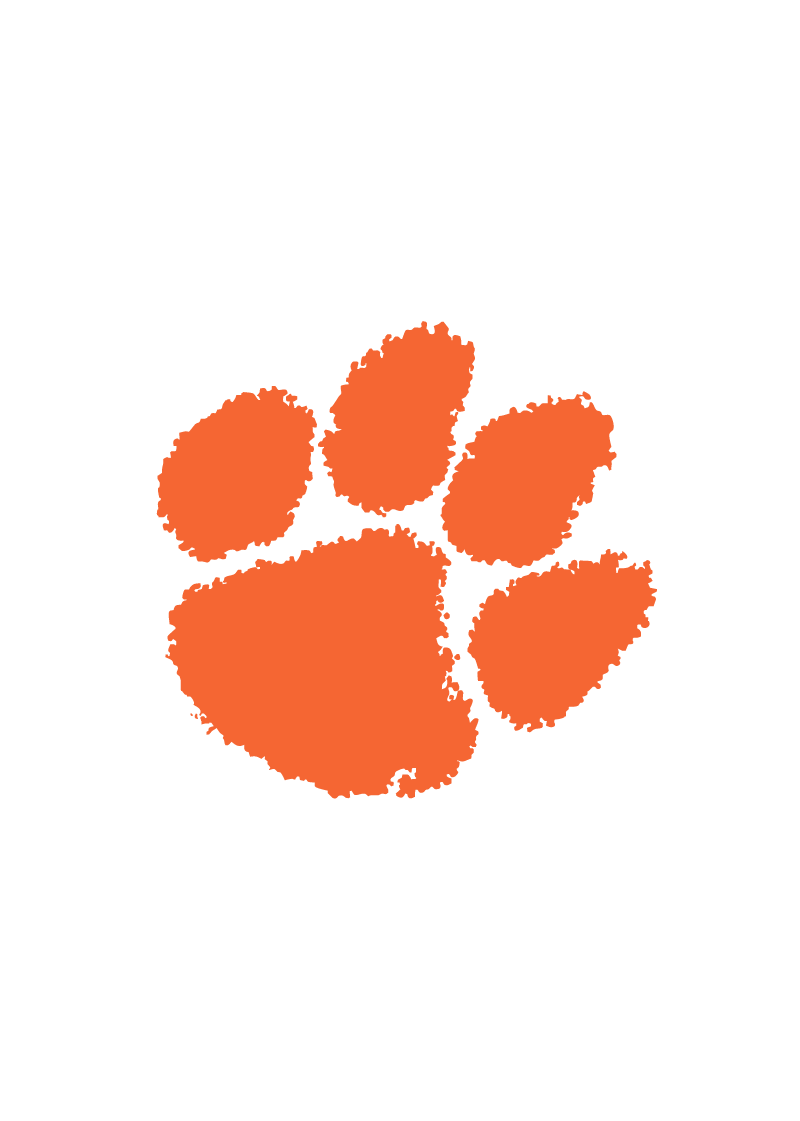Clemson’s microbiologists study everything from ecosystems, microbiomes and microbial ecology to infectious disease, host-pathogen interactions, antibiotic resistance, bioinformatics and applied genomics.
Current projects include studies on metagenomics and metatranscriptomics coupled to environmental parameters to understand the role of microbes and the microbiome in our natural and anthropogenic environments. We have projects using new genetic and imaging methods to determine and define how our immune system responds to fungal pathogens. Come to Clemson to study how a pathogen hijacks hosts to its benefit for its diet, replication and invasions, or how a healthy microbiome can reduce the occurrence of specific diseases. Microbiology at Clemson encompasses research that investigates areas including food security and disease, genomics and bioinformatics, the microbiome, host-pathogen interactions, and disease.
Because we study microscopic living organisms such as bacteria, archaea, fungi, parasites and viruses, specialized facilities are needed and found within our NIH-supported Eukaryotic Pathogens Innovation Center, Clemson Light Imaging Facility, Electron Microscopy Facility, Multi-User Analytical Laboratory, Palmetto Computing Cluster, and Clemson University’s Genomics and Bioinformatics Facility.
Faculty have received grant funding from the NIH, NSF, USDA, DOE, DOD and industry partners. Clemson offers B.A., B.S, M.S. and Ph.D. degrees in microbiology. Our mission is to train new microbiologists and address pertinent basic and applied microbiological questions in order to better protect and understand our environment and public health. Our graduates work in diverse fields including academia, biotechnology, food science, the pharmaceutical industry, consulting and government.


